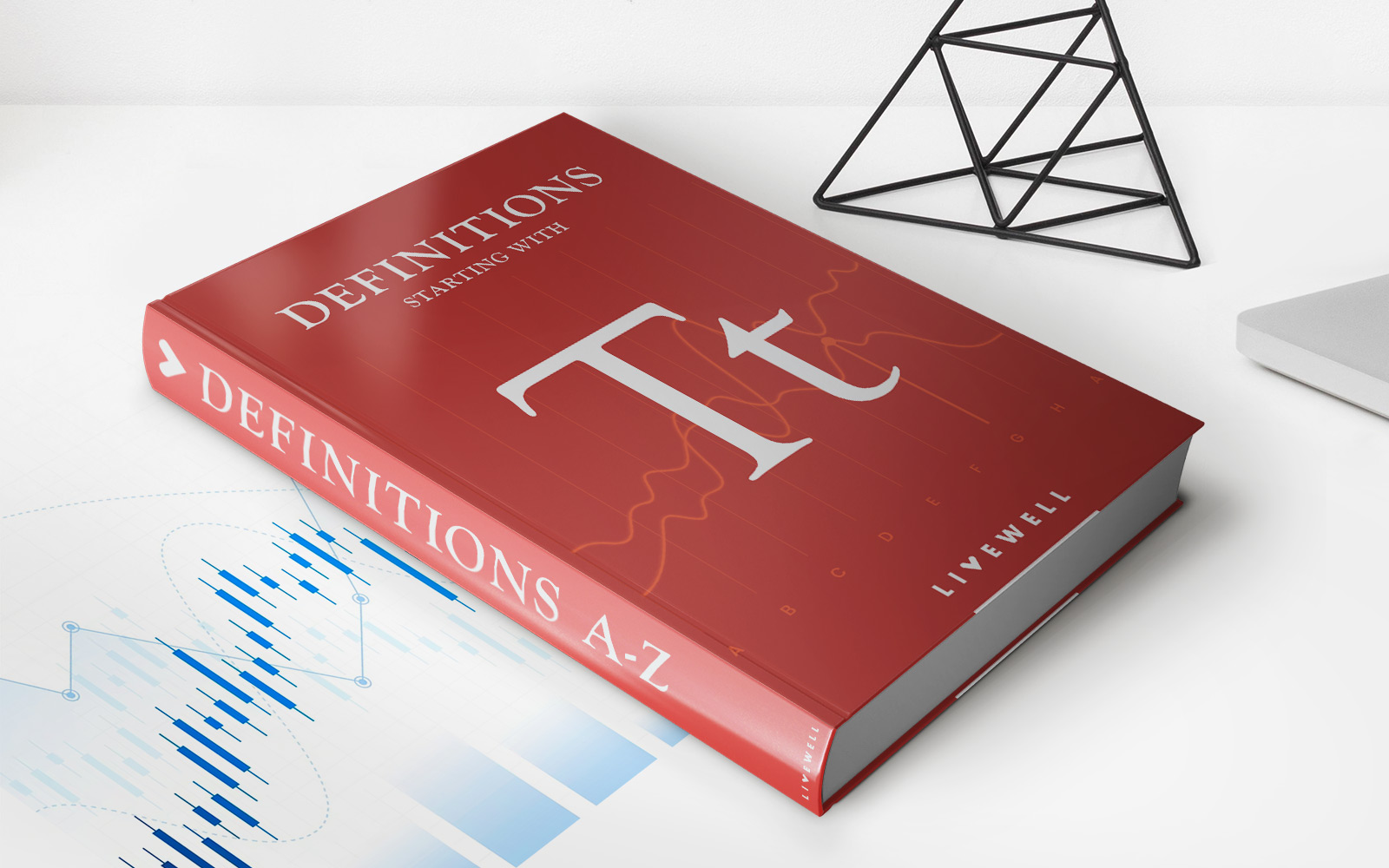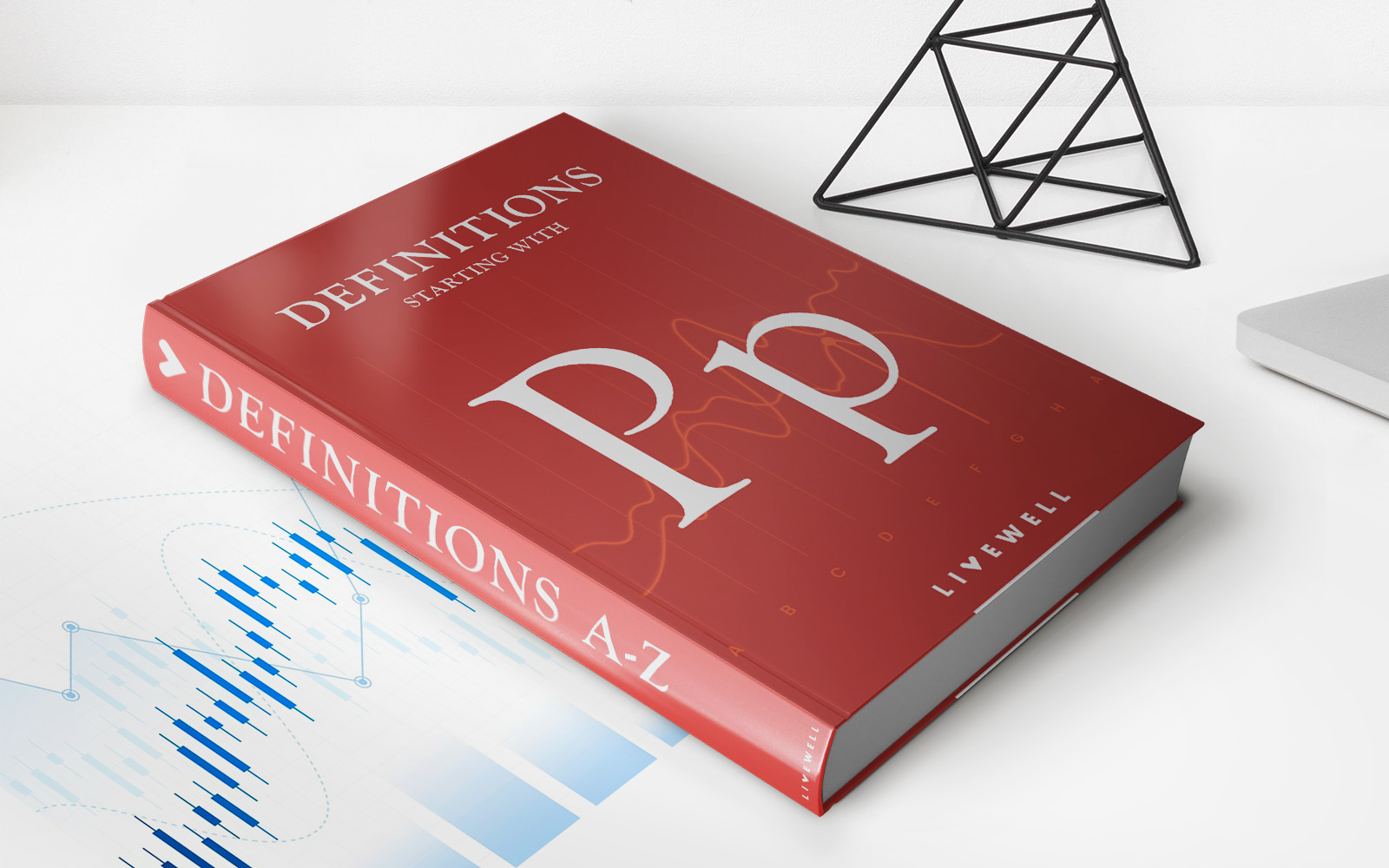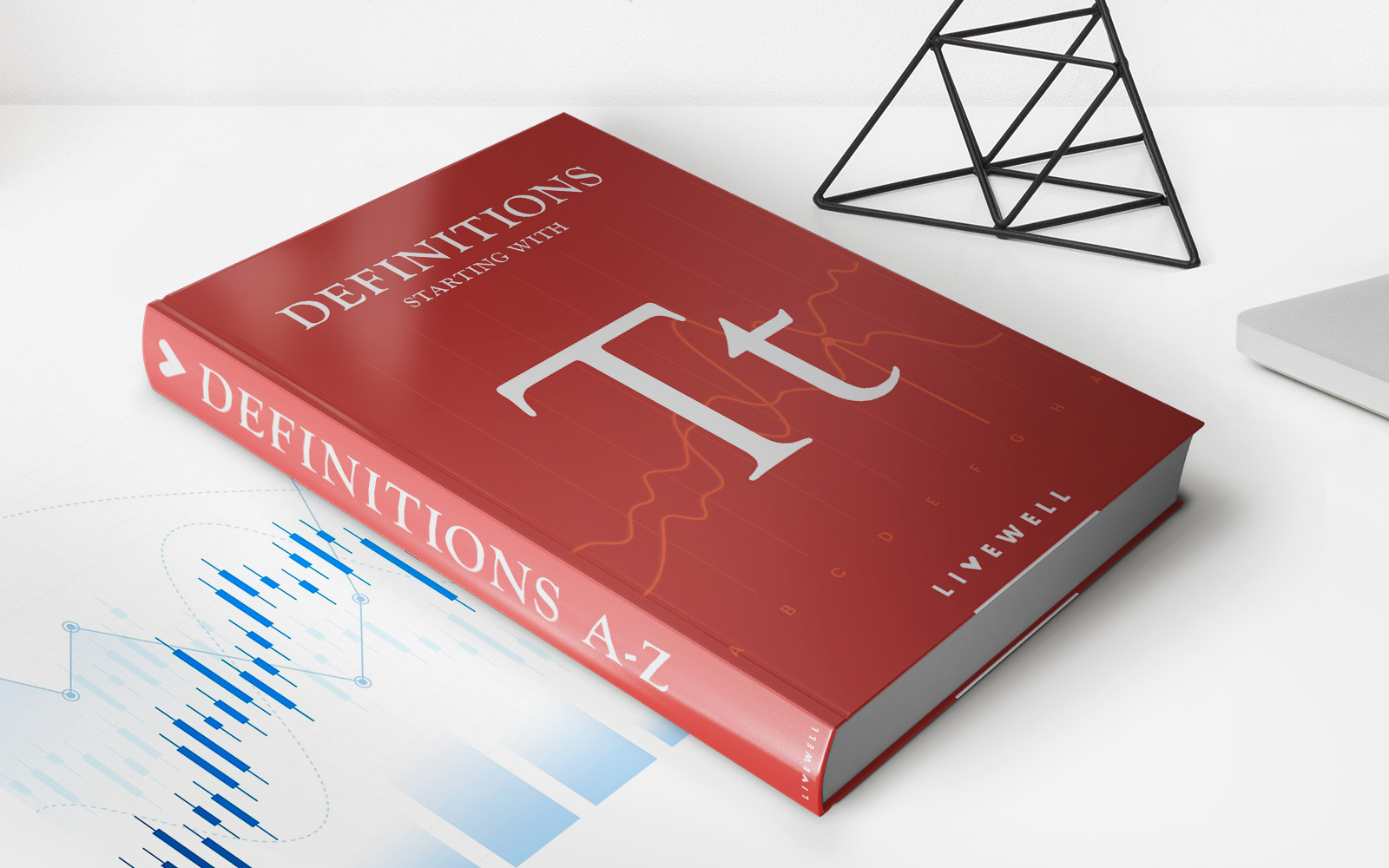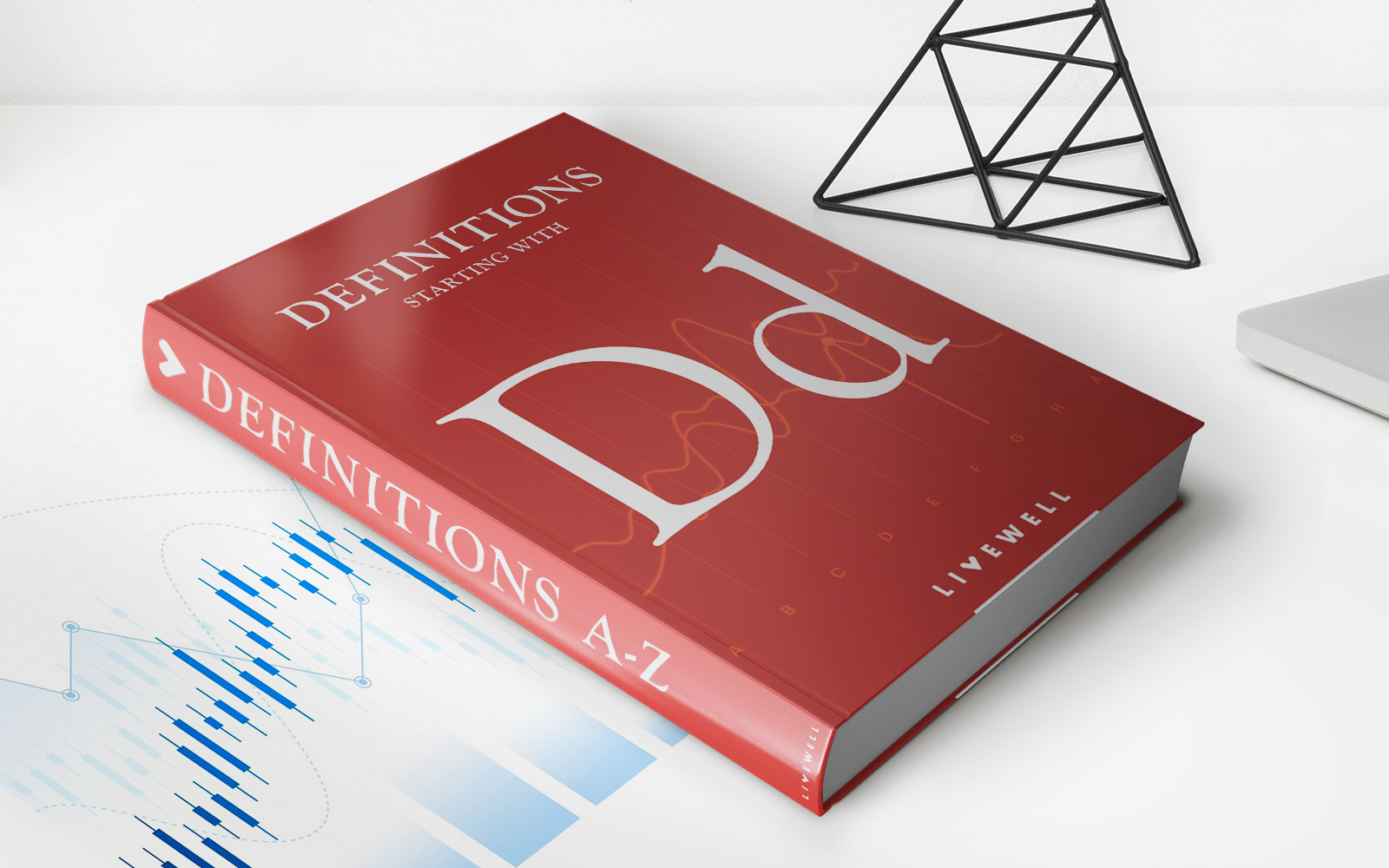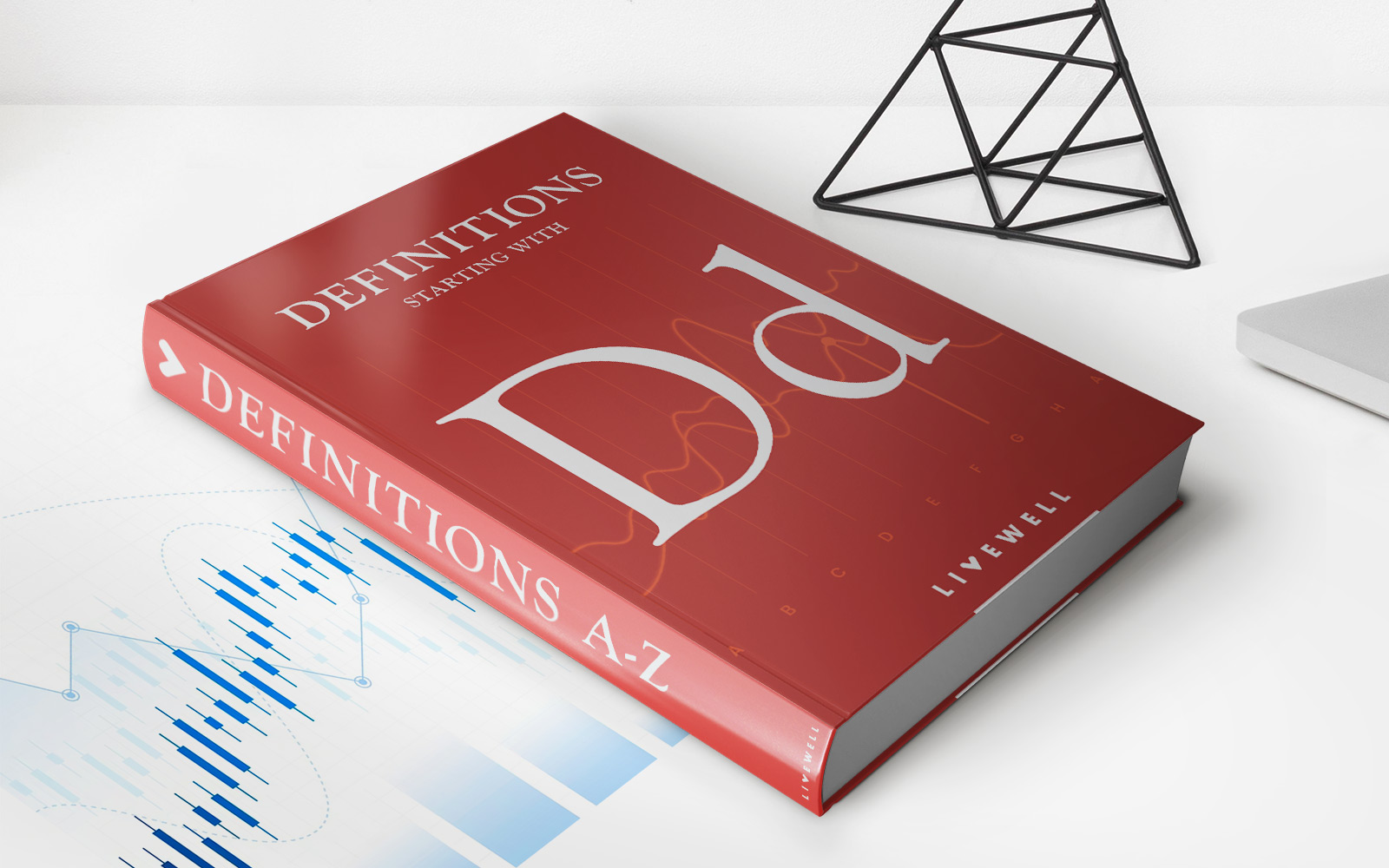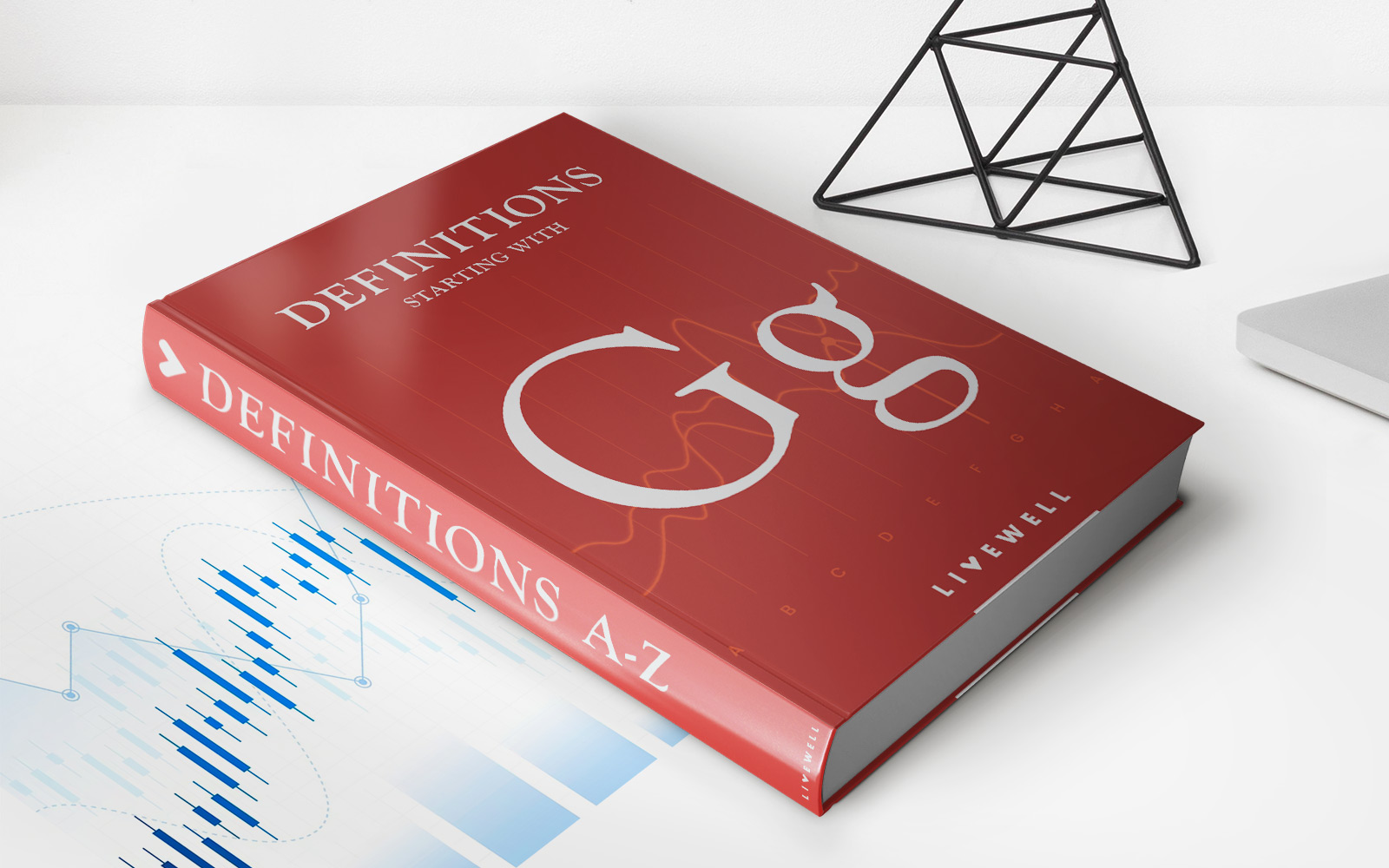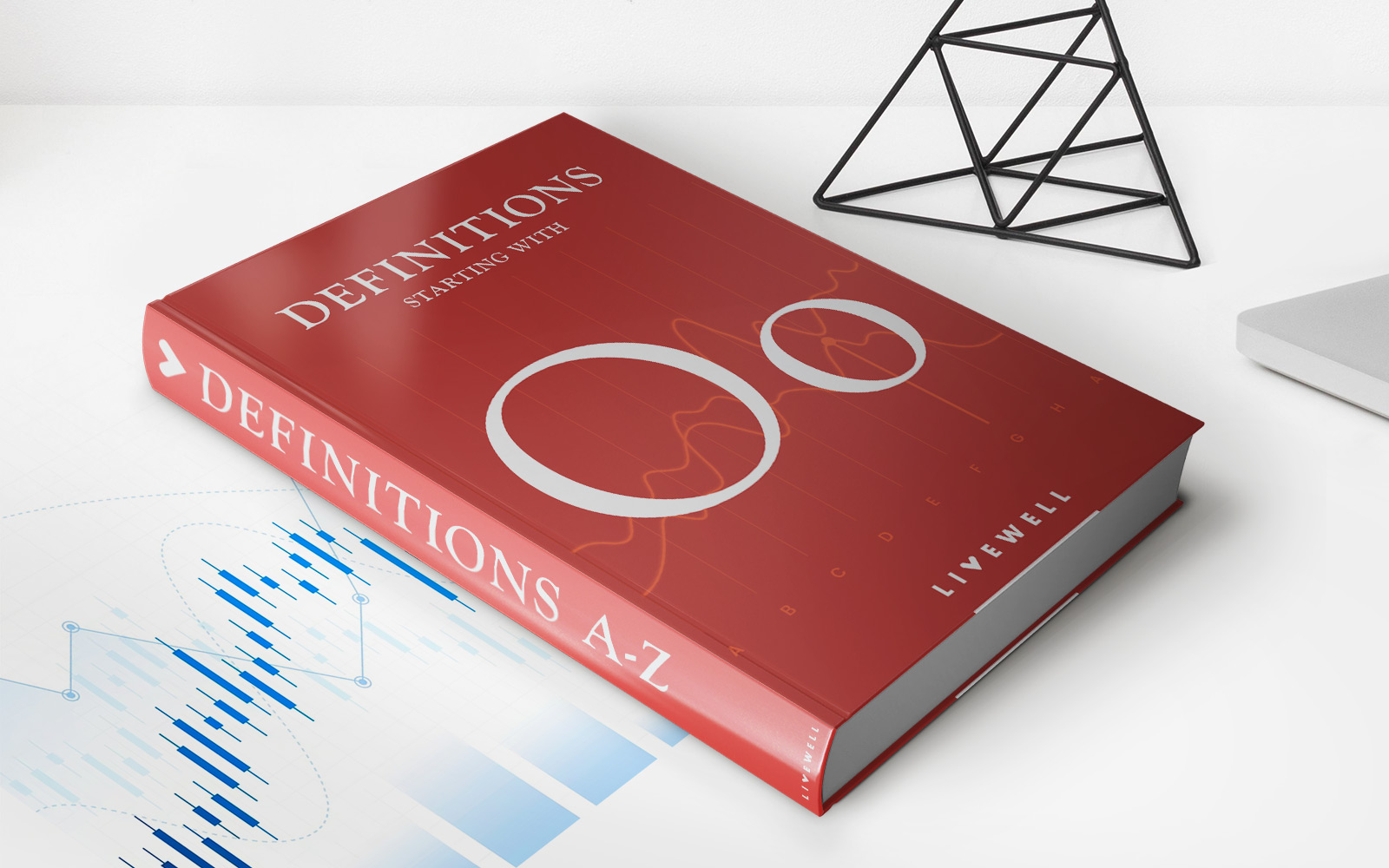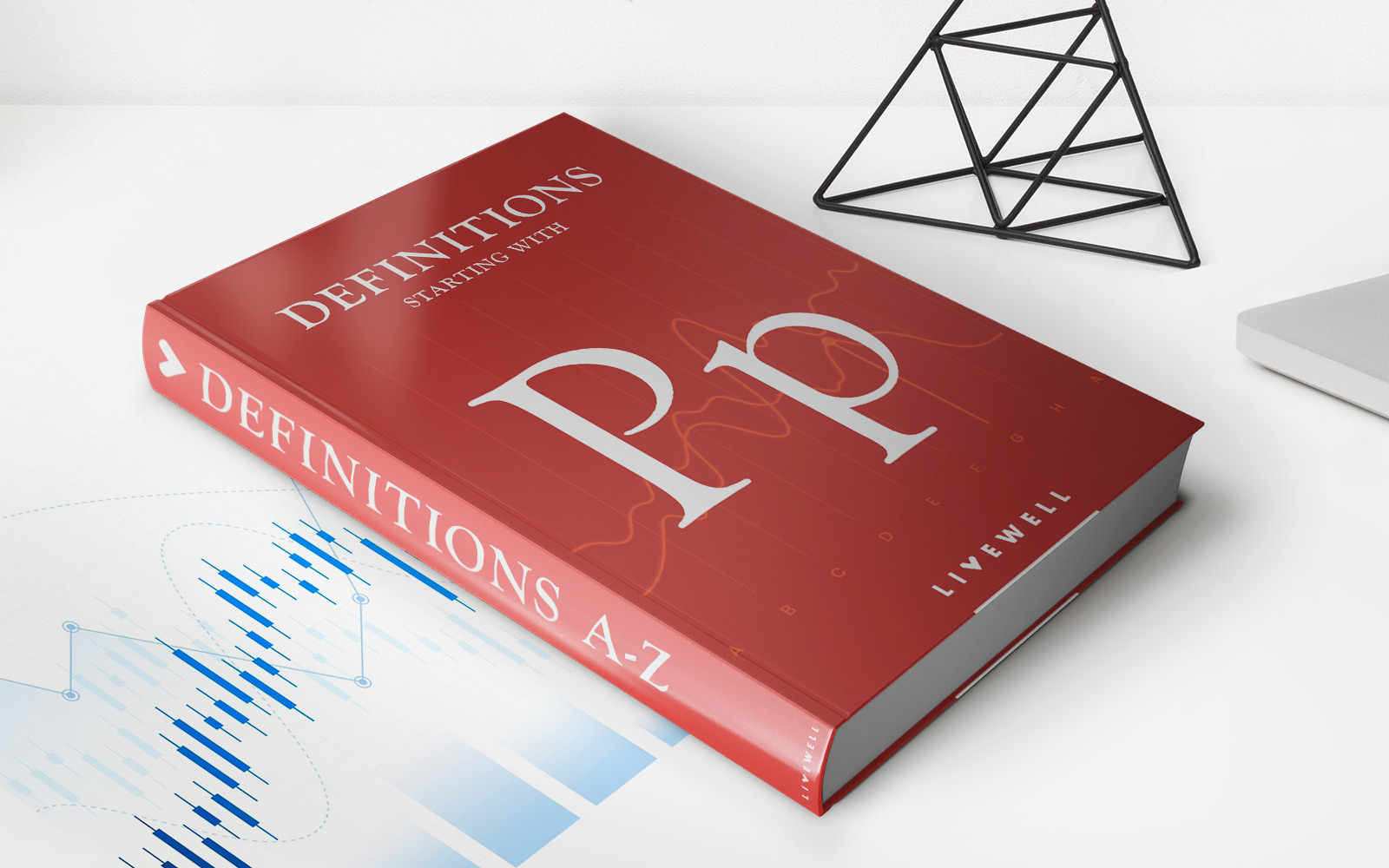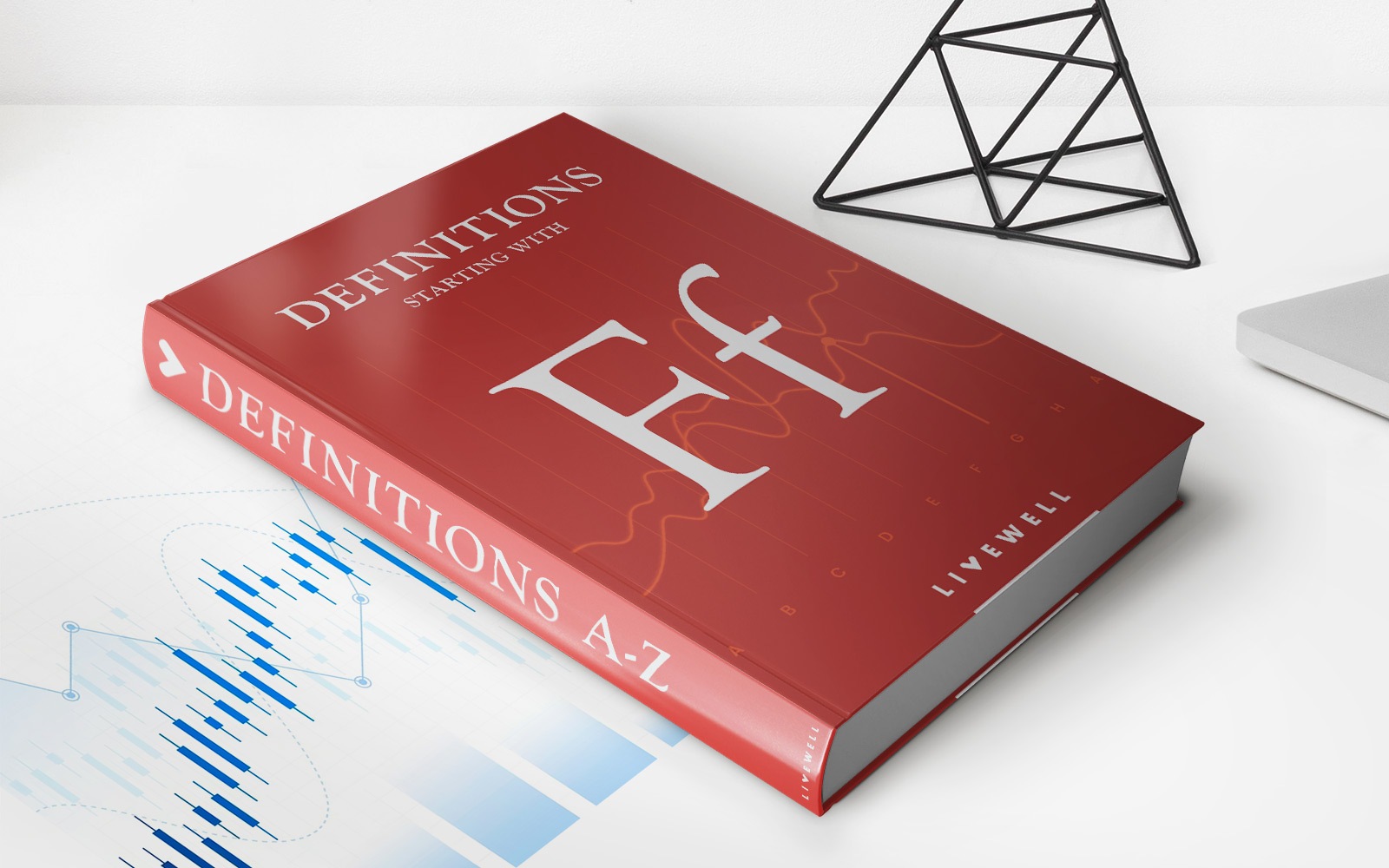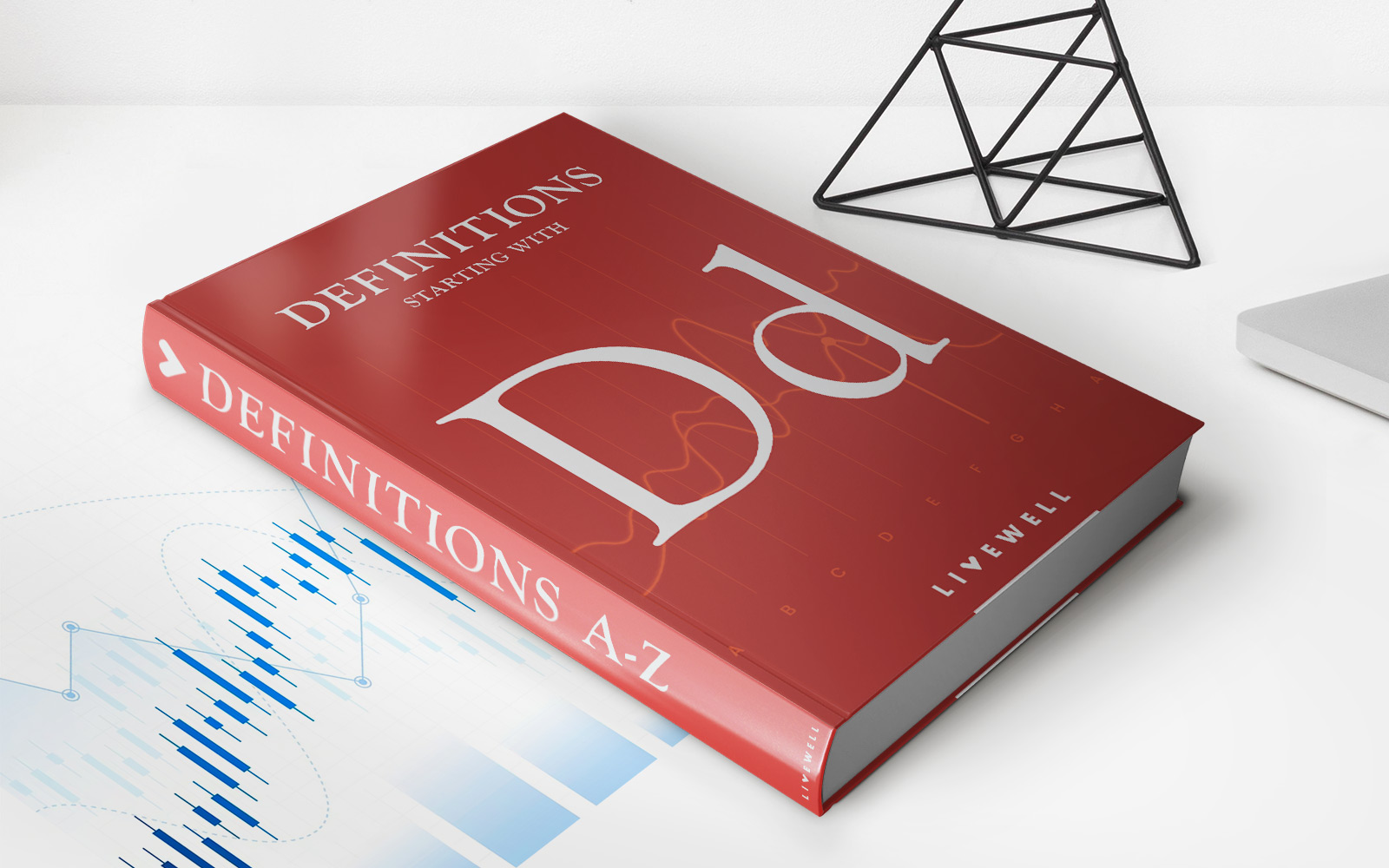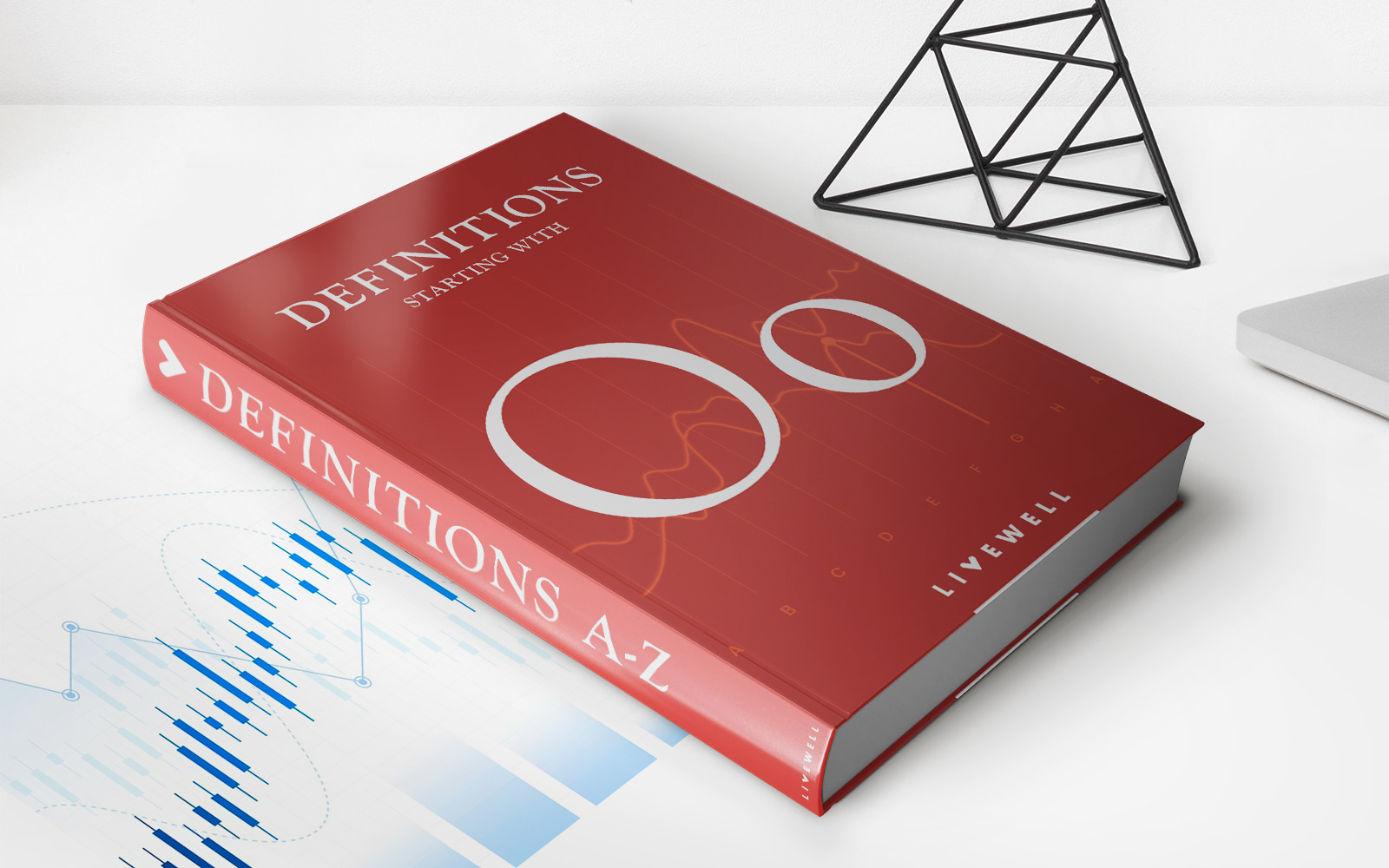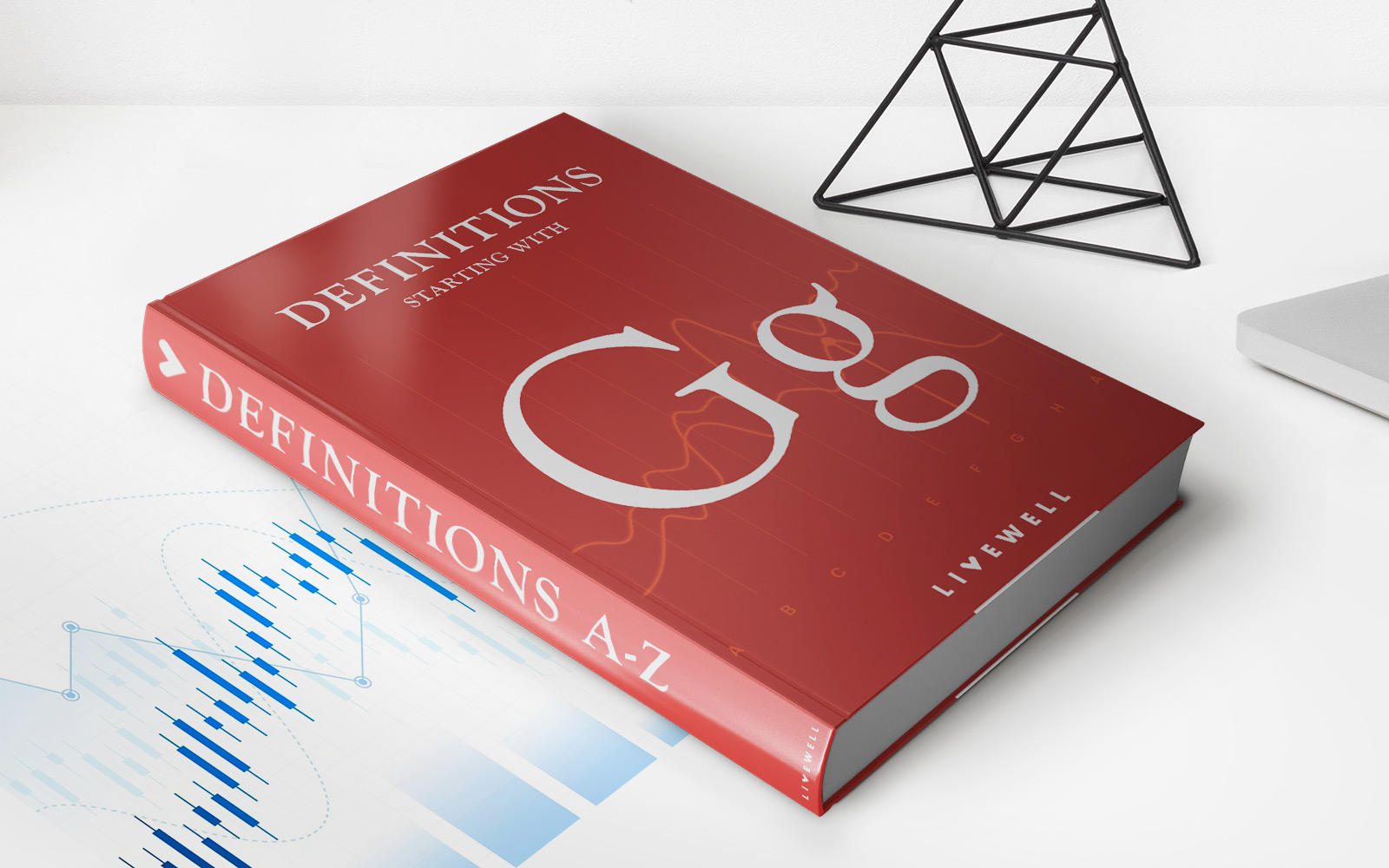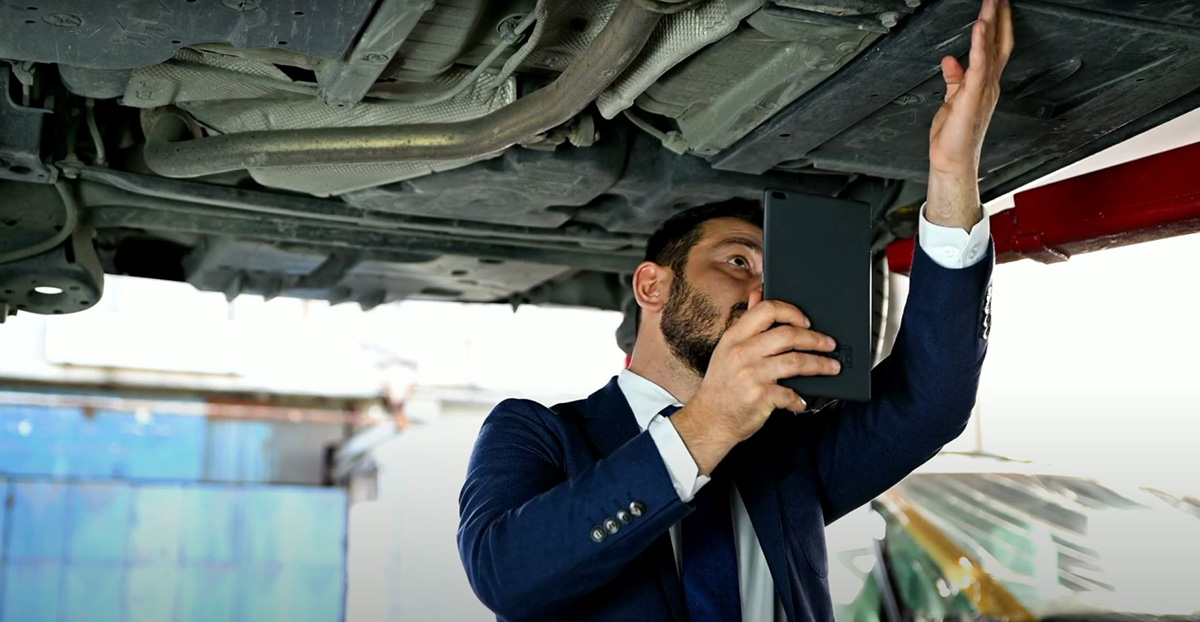Home>Finance>What Is A Cash Transaction? Defined, How They Work, And Example
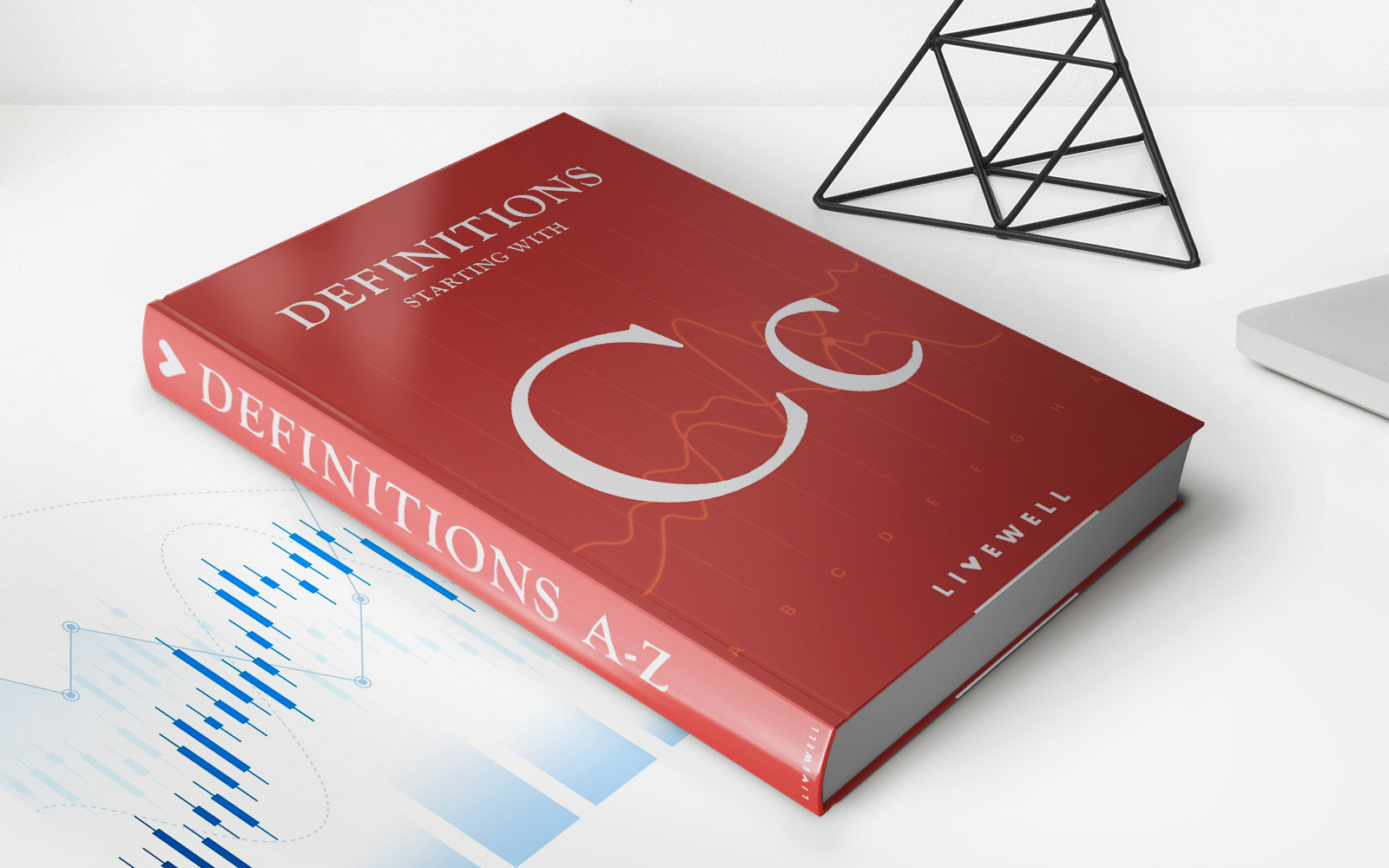

Finance
What Is A Cash Transaction? Defined, How They Work, And Example
Published: October 24, 2023
Learn what a cash transaction is in finance, how it works, and discover an example. Understand the ins and outs of this financial process.
(Many of the links in this article redirect to a specific reviewed product. Your purchase of these products through affiliate links helps to generate commission for LiveWell, at no extra cost. Learn more)
Understanding Cash Transactions: A Comprehensive Guide
When it comes to managing your finances, understanding various types of transactions is crucial. One such transaction that you may encounter is a cash transaction. In this blog post, we will provide you with a clear definition of cash transactions, explain how they work, and provide a practical example. So, let’s dive in!
Key Takeaways:
- Cash transactions involve the exchange of physical currency, such as banknotes and coins, between two parties.
- They are often used for smaller purchases, private transactions, or as an alternative to electronic payment methods.
What Exactly Is a Cash Transaction?
A cash transaction refers to an exchange of physical currency, such as banknotes and coins, between a buyer and a seller. Unlike other forms of payment, such as credit cards, checks, or digital transactions, cash transactions are immediate and do not require any intermediaries. In general, cash is widely accepted as a form of legal tender.
When engaging in a cash transaction, the buyer hands over the agreed amount of cash directly to the seller in exchange for the goods or services provided. This type of transaction is commonly used for smaller purchases, private transactions, or in situations where electronic payment methods are not available or practical.
How Do Cash Transactions Work?
Cash transactions are relatively straightforward. Here is a step-by-step breakdown of how they typically work:
- The buyer and seller agree on the terms of the transaction, including the price of the goods or services.
- The buyer prepares the necessary amount of cash to complete the transaction.
- The buyer hands over the cash to the seller at the point of sale or at an agreed-upon location.
- The seller verifies the authenticity of the cash received, ensuring that it is not counterfeit.
- Upon verification, the seller completes the transaction by providing the buyer with the purchased goods or services.
It is worth noting that cash transactions do not leave a paper trail like electronic payments, making them more difficult to track and monitor for both individuals and businesses. However, keeping accurate records of cash transactions is essential for accounting and taxation purposes.
An Example of a Cash Transaction
Let’s say you visit a local farmer’s market and come across a delightful bouquet of flowers. The vendor has set a price of $20 for the bouquet. Instead of using a credit card or any other electronic payment method, you decide to pay in cash.
You retrieve two $10 bills from your wallet and hand them to the vendor. The vendor verifies the authenticity of the cash, counting it quickly to ensure that the amount is correct. Once satisfied, the vendor hands you the beautiful bouquet of flowers. Congratulations, you have just completed a cash transaction!
Remember, cash transactions can occur in various scenarios, whether you’re purchasing groceries, paying for a haircut, or splitting a bill with friends at a restaurant.
Final Thoughts
Understanding cash transactions is essential for managing your personal finances effectively. They offer a convenient and immediate method of exchange for both individuals and businesses. Whether you’re making a small purchase, engaging in a private transaction, or facing limitations with digital payment methods, cash transactions are a reliable alternative. Just remember to keep accurate records to stay on top of your financial obligations. Happy spending!
